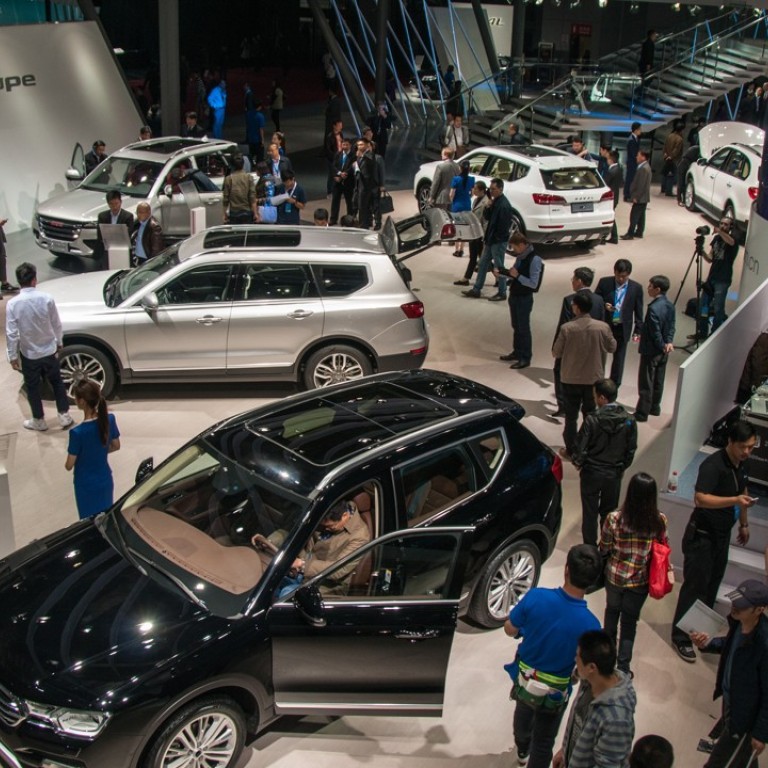
Johnson Controls to ramp up mainland output of batteries for ‘start-stop’ engine technology
Johnson Controls plans to double its output of vehicle batteries on the mainland by 2020, spurred by buoyant demand for new engine technology designed to meet tightened fuel-efficiency targets.
Kenneth Yeng, chief executive of Johnson Controls’ power solution operations in China, told the South China Morning Post that the company would set up two plants with a combined annual capacity of 13.5 million batteries, a move to consolidate its leading position in the start-stop system segment, a technology that automatically shuts down and restarts a vehicle engine to reduce idling time.
The company, the world’s largest manufacturer of vehicle batteries, currently has mainland facilities in Chongqing and Zhejiang which can jointly produce 16 million batteries a year.
“The Chinese government’s resolution in cutting pollution has driven substantial demand for advanced batteries,” Yeng said. “In this round of national campaign to improve fuel efficiency and protect the environment, drastic actions were taken by automakers to meet the targets.”
Johnson Controls’ production of AGM batteries, a main component of the start-stop system, is expected to hit 3 million units this year, double the volume shipped in 2016 as assemblers including home-grown auto brands increase orders, he added.
Johnson Controls is the runaway leader in the segment with a 70 per cent share of the market.
In China, the world’s largest auto market, about 16 per cent of new passenger vehicles are equipped with start-stop technology.
By reducing engine idling time, start-stop technology can help slash fuel consumption by more than 5 per cent compared with conventional engines, while also reducing harmful emissions.
Beijing’s higher fuel efficiency targets prompted international auto marques and their Chinese rivals to adopt start-stop technology.
Great Wall Motor, maker of the H6 “Haval”, the mainland’s best-selling sport utility vehicle, has become one of Johnson Controls’ new customers, Yeng said.
He forecast 50 per cent of new cars would use start-stop technology by 2020.
“In the next five to 10 years, start-stop batteries still have a rosy prospect in China before electric cars gain in popularity,” said Yeng. “Fossil fuel vehicles will still dominate the auto market.”
Johnson Controls has joined with Beijing-based BAIC Motor to establish a plant in Shandong and will set up another in northern China.
The Shandong-based US$250 million factory with a capacity of 7.5 million batteries will start production in 2019 and the other facility will likely be operational the following year.
Johnson Controls owns 75 per cent of the joint venture with BAIC.
A preference among mainland consumers for bigger, upmarket vehicles equipped with mobile connectivity has heightened the need for advanced auto batteries, a trend that has benefitted Johnson Controls.
“We will continue to see growth in the Chinese market,” Yeng said. “As the country steps up efforts to cut overcapacity, advanced products such as start-stop batteries will stand out as they create more added value for manufacturers.”
Johnson Controls is the second-largest auto battery supplier to passenger car markers in China.

